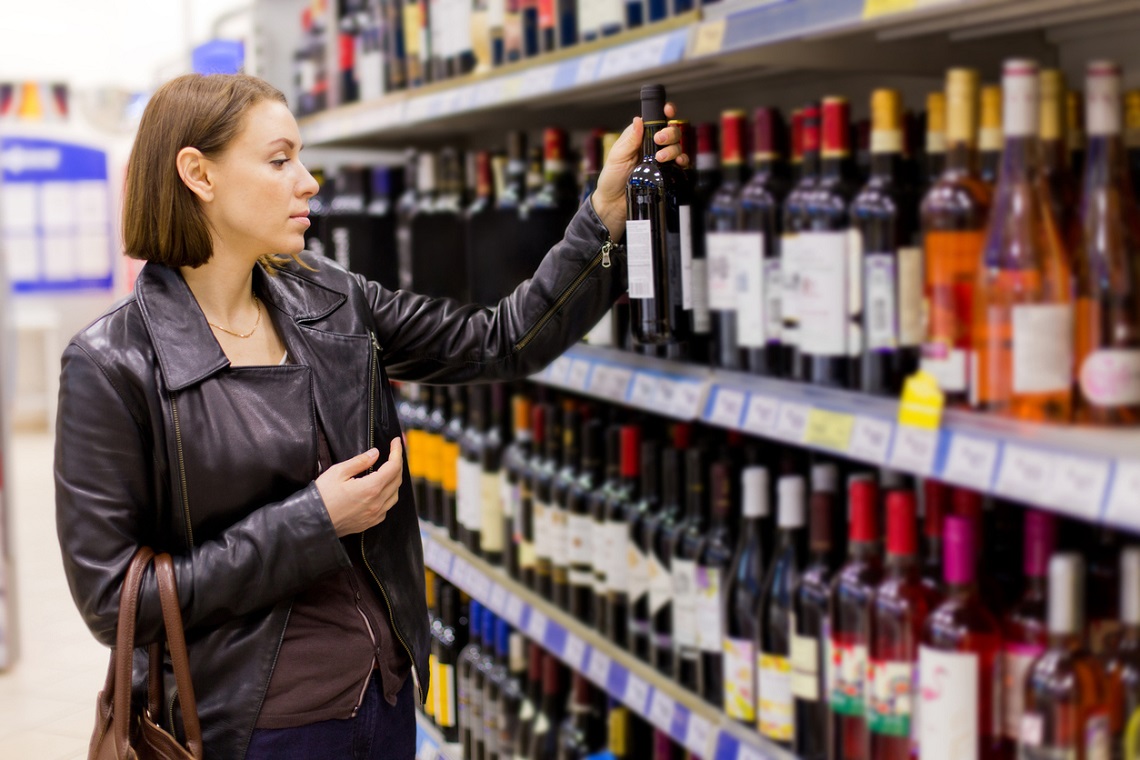Retail Drinks Australia has confirmed that its members’ voluntary national initiative which placed temporary limits on the amount of product customers can purchase in one transaction has ended.
The initiative ended yesterday, after Retail Drinks CEO Julie Ryan said the restrictions had served the purpose of alleviating concerns regarding potential panic-buying of alcohol.
“The specific purpose of the restrictions was to demonstrate coordinated industry leadership by liquor retailers, and to pre-emptively address concerns regarding panic-buying.
“After monitoring data closely over the last month, we can report that despite early elevated purchasing following initial announcements of COVID-19 related restrictions, we have seen purchasing trends flatten and return to near-normal.
“Retail liquor trading has returned to 2019 levels, and in many cases is actually significantly lower.
“On average, liquor retail sales in April are up to 15 per cent lower than this time last year and Easter trading was also up to 10 per cent lower than the 2019 Easter trading period.
“Some liquor retailers are reporting their worst April trading in over four years.
“The significant reduction in liquor sales is consistent with the Commonwealth Bank of Australia, Global Economic & Markets Research report CBA Card Spend – week ending 3 April 2020, published 6 April 2020, which showed that overall alcohol purchasing was 10 per cent lower in the first week of April than the same time in the prior year.”
Ryan says that Australians’ alcohol consumption has been trending down for many years, and a short one-week spike in purchasing associated with the fear of bottle shop closures has done nothing to change that.
“A few small surveys suggested that there is a risk of increased alcohol related harm during this crisis, but they didn’t actually ask people how much they were drinking, so this doesn’t tell us anything relevant about Australian’s drinking habits.
“When you consider the huge reduction in liquor sold in Australia from the complete decimation of the on-premise industry in pubs, clubs, restaurants and cafes, the return to 2019 trading levels in retail means that total liquor sales in Australia are actually significantly reduced from prior years,” Ryan added.

